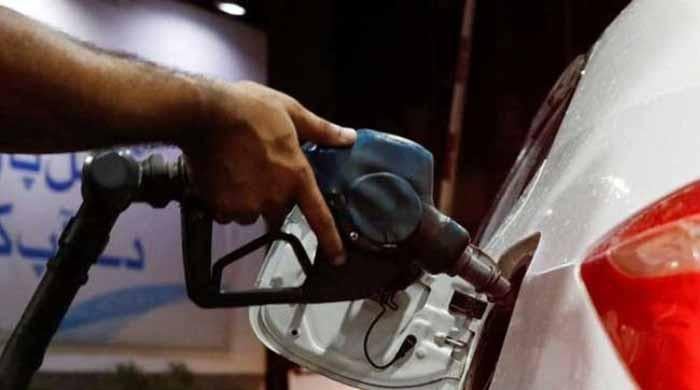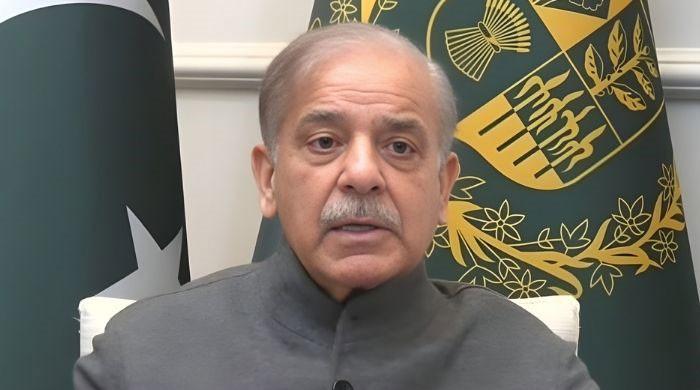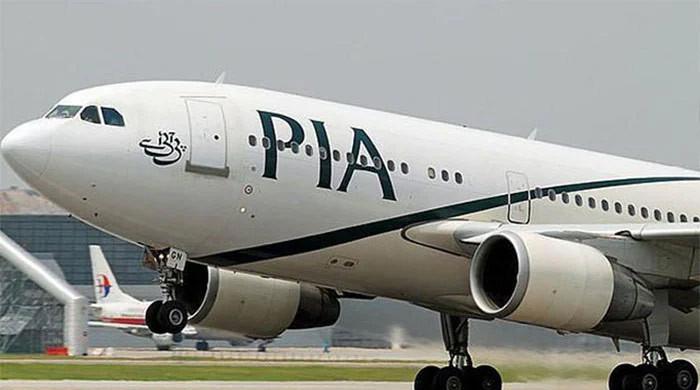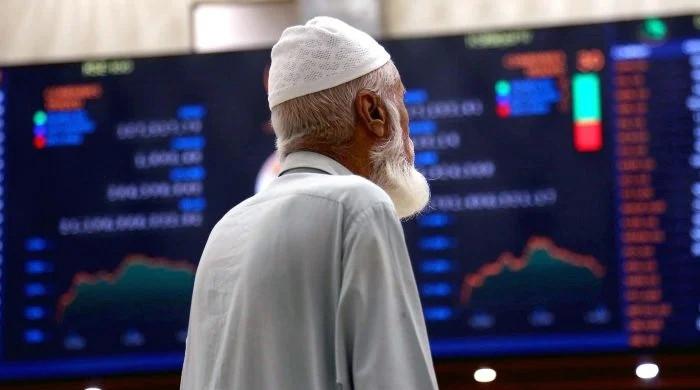Govt lifts ban on luxury, non-essential items after two months
However, restrictions on import of completely built-up automobiles, mobile phones, home appliances will remain in place
July 29, 2022

- Decision to lift ban is taken in the wake of a substantial reduction in imports.
- Restrictions on import of automobiles, mobile phones, home appliances will remain in place.
- ECC says all held up consignments which arrived after July 1 may be cleared.
ISLAMABAD: The coalition government on Thursday lifted the ban on the import of non-essential and luxury products imposed earlier in May, however, the restrictions on the import of completely built-up automobiles, mobile phones, and home appliances will remain in place.
According to the Ministry of Finance, the decision was taken during the Economic Coordination Committee (ECC), held under the chair of Finance Minister Miftah Ismail, in the wake of a substantial reduction in imports.
During the meeting today, the Ministry of Commerce submitted a summary on prohibition/complete quantitative restrictions on the import of non-essential and luxury items.
The members were briefed that in order to curtail the rising current account deficit, a ban on the import of about 33 classes/categories of goods was imposed with the approval of the cabinet.
“Due to the decision, the overall imports of the banned items have shrunk by over 69% — from $399.4 million to $123.9 million,” the statement read, mentioning that the ban has, however, impacted supply chains and the domestic retail industry.
Furthermore, it should be noted that all held up consignments (except items which still remain in banned category) which arrived at the ports after July 1, 2022 may be cleared subject to payment of 25% surcharge.
The government had imposed a ban on the imports of the more than three dozen non-essential and luxury items on May 19 as part of an emergency economic plan to stabilise the depleting foreign exchange reserves and rising import bill.
However, it is worth mentioning that while the imports have shrunk, the current account deficit widened to $2.3 billion in June. Moreover, the foreign exchange reserves continued to deplete and fell below $9 billion as of July 22, while the Pakistani rupee is at an all-time low of 239.92 against the US dollar.
Moreover, restrictions continue to be in place on the import of completely built-up automobiles, mobile phones, and home appliances — which led to Pakistan’s two leading car assemblers, Toyota and Suzuki, to plan partial plant shutdowns due to the unavailability of raw materials amid restrictions









